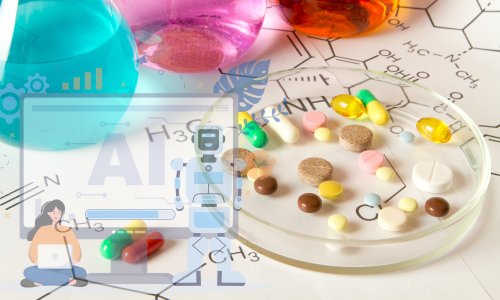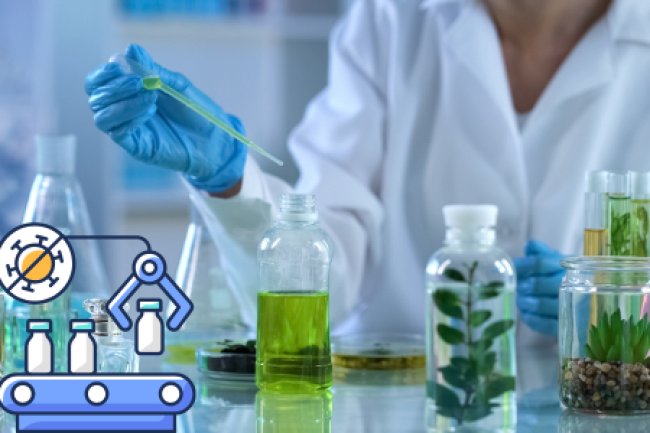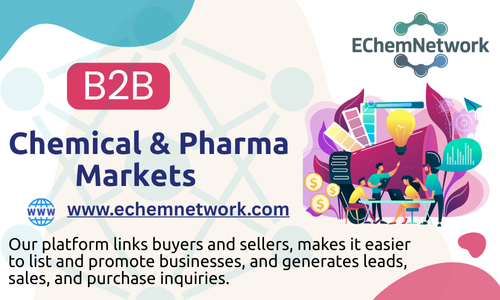AI and Automation: Revolutionizing Drug Discovery and Development
Explore how AI and automation technologies are transforming drug discovery and development in the chemical and pharmaceutical industries. Stay updated with the latest innovations, trends, and insights at eChemNetwork.

The landscape of drug discovery and development is undergoing a profound transformation, fueled by the integration of artificial intelligence (AI) and automation. These technological advancements are reshaping how researchers understand diseases, design new therapies, and streamline the journey from laboratory to patient.
It often takes over a decade of rigorous testing and billions in investment to bring a single medication to market. However, with AI and automation entering the scene, the rules of the game are rapidly changing. These tools are not only speeding up research but also enhancing the accuracy and efficiency of every stage in the drug development pipeline.
At the earliest phase, AI algorithms are being used to analyze massive volumes of biological and chemical data to identify promising drug candidates. Instead of relying solely on trial-and-error experimentation, researchers can now simulate how molecules interact with specific disease targets, narrowing down the best options in a matter of days rather than months.
Once potential compounds are identified, automation takes over many routine laboratory tasks—such as compound synthesis, high-throughput screening, and data collection. Robotic systems can perform thousands of experiments simultaneously with minimal human intervention, ensuring faster results and reduced chances of error.
Furthermore, AI is proving invaluable in predicting how a drug will behave in the human body. By analyzing data from previous studies, AI models can forecast pharmacokinetics, potential side effects, and even the likelihood of a compound passing clinical trials. This predictive capability allows for better decision-making early in the development process, potentially saving years of research and substantial costs.
In clinical trial phases, automation helps manage vast datasets, track patient responses, and ensure adherence to protocols. AI-driven platforms can detect patterns and anomalies in real-time, contributing to more efficient trials and enhanced patient safety.
While the benefits are clear, the integration of AI and automation in drug development also brings new challenges. Data quality, ethical concerns, and regulatory considerations must be carefully addressed to ensure that innovation does not compromise safety or trust. Additionally, human expertise remains critical in guiding technology and interpreting results—ensuring that machines enhance, rather than replace, the role of scientists and clinicians.
AI and automation are not just tools—they are catalysts for innovation, promising a future where new treatments can be developed faster, tested more accurately, and delivered more effectively to those in need. This transformation holds the potential to redefine the future of healthcare, offering hope for faster cures and more personalized therapies.
Meta Keywords:
AI in pharma, drug discovery automation, pharmaceutical innovation, chemical industry technology, digital transformation in pharma, lab automation, AI drug development, pharma R&D tools, chemical manufacturing tech, pharma industry newsAI
What's Your Reaction?


















